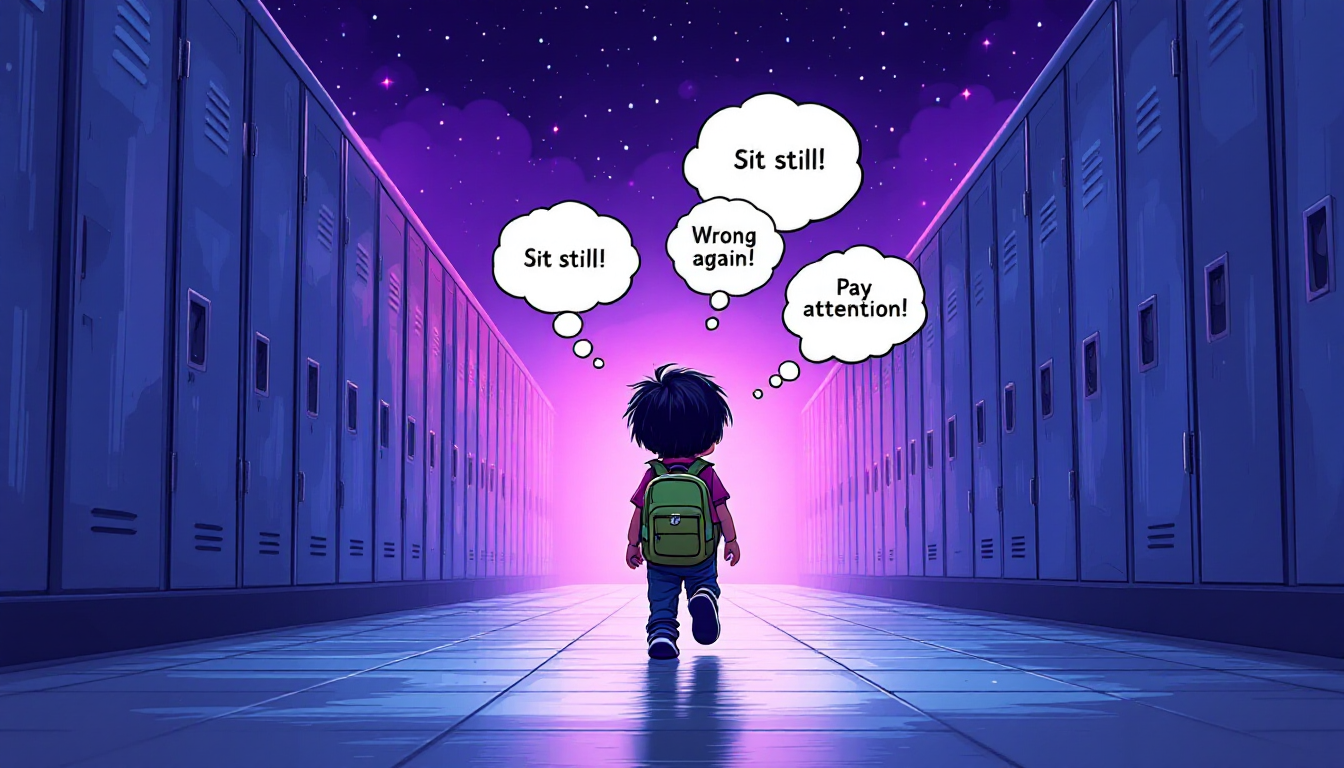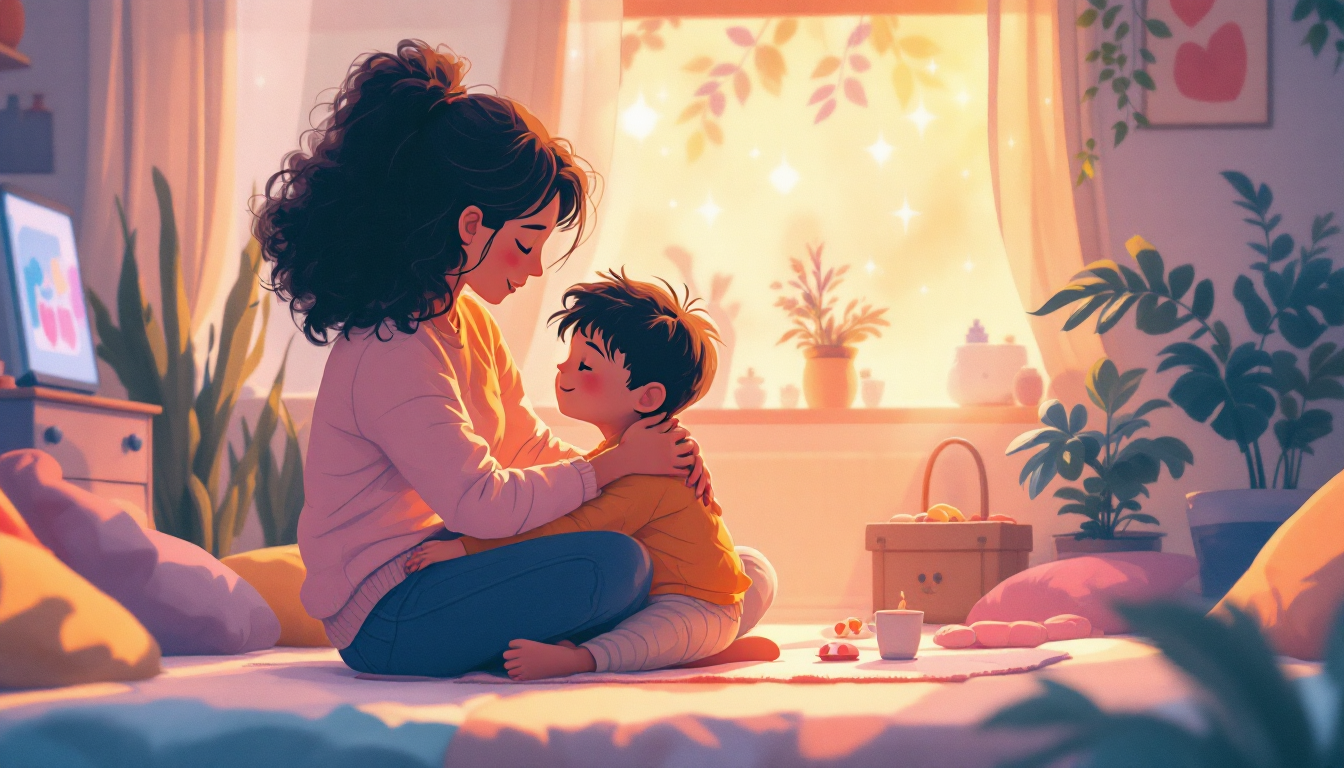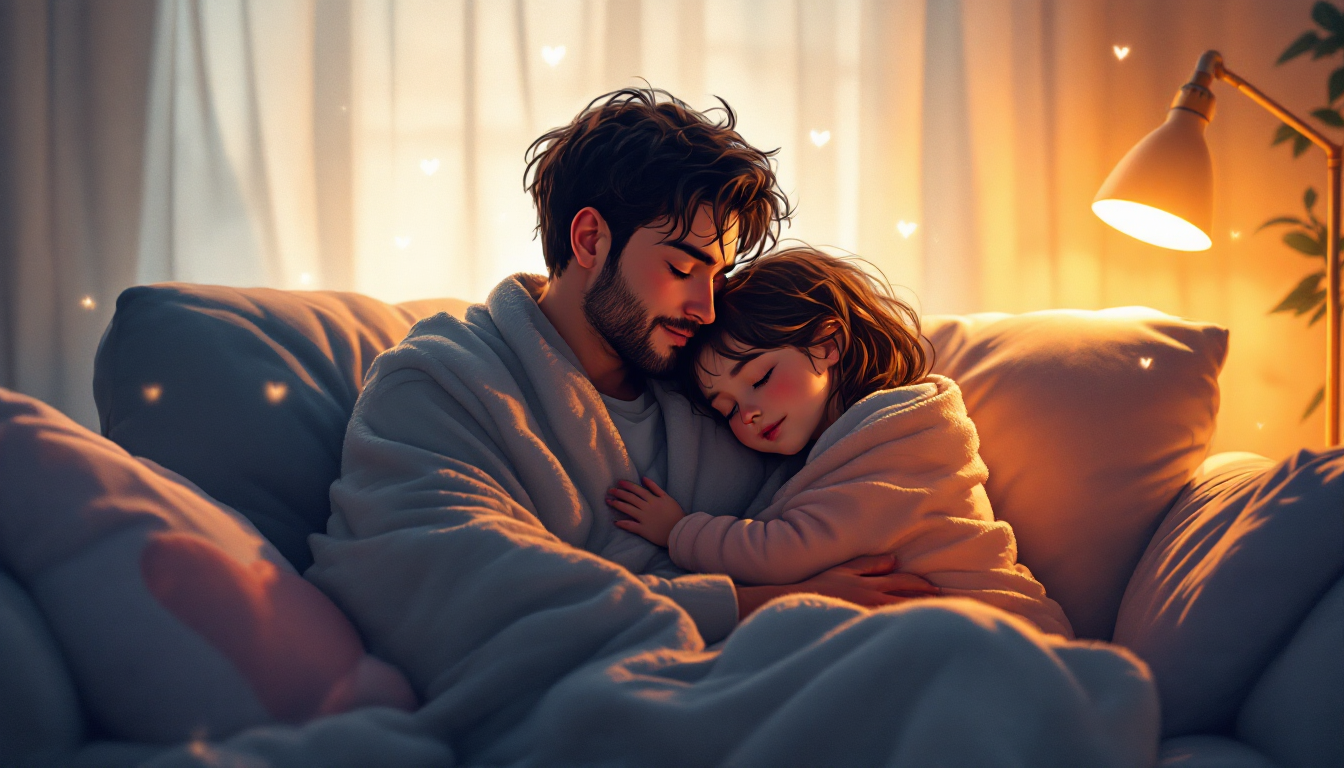What to Do When ADHD Kids Say ‘I Hate Myself’: A Parent’s Guide to Support and Self-Worth

Hearing your child with ADHD say, “I hate myself,” is a gut-wrenching experience. It’s a phrase that hits hard, filled with a weight of emotional pain that no parent wants to see their child carry. If you’re searching for what to do when ADHD kids say “I hate myself,” know that you are not alone. This is a common and distressing symptom of the challenges that come with ADHD, particularly related to self-esteem and emotional regulation. This guide is designed to provide you with compassionate, evidence-based strategies to navigate these difficult moments and help your child build lasting self-worth.
Why Kids with ADHD Struggle with Self-Esteem

Children with ADHD often face a barrage of negative feedback. From struggling to sit still in class to forgetting homework, they are constantly told what they're doing "wrong." This continuous cycle of correction can severely impact their developing self-worth.
The Role of Emotional Dysregulation
Emotional dysregulation is a core feature of ADHD, not a lack of willpower. It means their brain struggles to regulate the intensity of their emotions. They can feel joy, frustration, or sadness more intensely and for a longer duration than neurotypical peers. This intense emotional experience can be overwhelming, leading to outbursts and feelings of being out of control.
Rejection Sensitive Dysphoria (RSD)
A significant factor contributing to low self-esteem is rejection-sensitive dysphoria (RSD). This is an intense emotional pain in response to real or perceived criticism, rejection, or even teasing. For a child with ADHD, a simple frown from a teacher or a friend's casual comment can feel like a profound personal rejection, leading to immense pain and a belief that they are fundamentally flawed.
How Academic and Social Challenges Affect Self-Worth
School can be a minefield for a child with ADHD. Challenges with executive functions like planning, organization, and time management can lead to poor grades or missed deadlines. Socially, impulsivity or difficulty with social cues can lead to misunderstandings or exclusion. Each of these setbacks chips away at their confidence, leading them to internalize a narrative of failure.
What It Really Means When They Say “I Hate Myself”
When your child utters this painful phrase, it's crucial to understand what it really signifies. It is rarely a literal statement of self-loathing. Instead, it’s a powerful expression of deep-seated frustration and emotional pain.
This phrase is often a cry for help. It means, "I hate how hard this is," "I hate that I can't do what others can," or "I hate the way I feel right now." They are externalizing an internal storm of frustration, shame, and helplessness. Your child feels like they are failing and sees no way out of the cycle.
Understanding this distinction is the first step in knowing what to do when ADHD kids say, “I hate myself.” It shifts your response from one of alarm to one of empathy and connection.
6 Practical Things Parents Can Do Immediately

When faced with this heartbreaking moment, your immediate response is critical. Here are six practical strategies to help your child in the heat of the moment.
1. Validate Their Emotions Without Overreacting
Your child needs to know their feelings are valid. Instead of saying, “Don’t say that, you don’t mean it,” try: “That sounds like a really painful feeling. I’m so sorry you feel that way.” Validation helps them feel seen and understood.
2. Use Co-Regulation to Help Them Calm Down
Co-regulation is the process of a calm adult helping a child regulate their emotions. Sit with them, take a few deep breaths, or offer a hug. Your calm presence can be a powerful anchor for their dysregulated nervous system. Just being there, without trying to "fix" it, can make all the difference.
3. Offer Simple Scripts and Reframe Their Thoughts
Give them a simple, powerful phrase they can use to externalize the feeling. A script like, “Your brain is being really loud right now, but it doesn’t mean it’s right,” helps them separate their identity from their feelings. You can also reframe the statement: “It sounds like you’re really angry at the mistake you made, not at yourself.”
4. Teach Emotional Labeling and Body Awareness
Help them put a name to their feelings. Ask, “Is that frustration? Is that disappointment?” Then, help them connect the feeling to a physical sensation. “Where in your body do you feel that anger? In your chest? In your fists?” This builds emotional intelligence and helps them learn to identify and manage feelings before they become overwhelming.
5. Reinforce Self-Worth Through Daily Affirmations
Integrate positive self-talk into your daily routine. Simple affirmations like “I am enough,” “I can do hard things,” and “I am loved and lovable” can be powerful tools. Write them on sticky notes and put them on their mirror or lunchbox.
6. Create a “Self-Kindness Corner” with Calming Tools
Designate a special space in your home where your child can go to self-soothe. Fill it with sensory tools like weighted blankets, stress balls, headphones, or art supplies. This gives them a safe, designated spot to go when their emotions feel too big.
When to Seek Professional Help
While these strategies are helpful for in-the-moment support, it’s essential to know when a child’s negative self-talk is a sign of something more serious.
Warning Signs for Depression or Deeper Issues
Look for these signs that may indicate depression or other mental health challenges:
- Persistent sadness or irritability
- Loss of interest in activities they once enjoyed
- Changes in sleep patterns or appetite
- Social withdrawal
- Frequent talk of hopelessness or worthlessness
- Self-injurious behavior or talking about hurting themselves
How to Find an ADHD-Aware Therapist
If you see these warning signs, it’s time to seek professional help. Finding a therapist who understands ADHD is crucial. They can provide your child with tools like cognitive behavioral therapy (CBT) to challenge negative thought patterns and emotional regulation skills. An ADHD-aware therapist can help you both understand the neurological roots of these struggles, which reduces shame and empowers your child.
Long-Term Strategies to Build Self-Worth
Helping your child believe in themselves is a marathon, not a sprint. The key is to shift from a focus on deficits to a focus on strengths.
Praise Effort, Not Outcomes
Instead of saying, “Great job on that A!”, say, “I saw how hard you worked on that project. Your dedication is amazing.” This shifts the focus from a fixed outcome to a growth mindset. It teaches them that their effort and persistence are what truly matter, not just the result.
Use Strength-Based Parenting
Identify your child’s unique strengths and talents, whether it’s creativity, kindness, a great sense of humor, or a love for animals. Nurture these strengths and give them opportunities to shine. A child who feels competent in one area is more likely to feel a sense of self-worth overall.
Set Realistic Goals to Build Mastery and Confidence
Break down overwhelming tasks into small, manageable steps. Celebrate each small win. This “mastery experience” builds confidence over time and shows them they are capable of achieving their goals. It rewrites their internal narrative from “I can’t” to “I can.”

Conclusion
When your child with ADHD says, “I hate myself,” it’s a moment of profound emotional pain, not a personal failure on their part or yours. Your child is not broken; their brain is just wired differently. By understanding the roots of their struggle and responding with empathy and co-regulation, you can guide them through these difficult moments.
Remember, this is an opportunity to connect and teach them that all feelings are okay, even the painful ones. Your love and unwavering support are the most powerful tools in helping them build the self-worth they deserve. Always choose connection over correction. You are a good parent, and you’re giving them the support they need to thrive.


